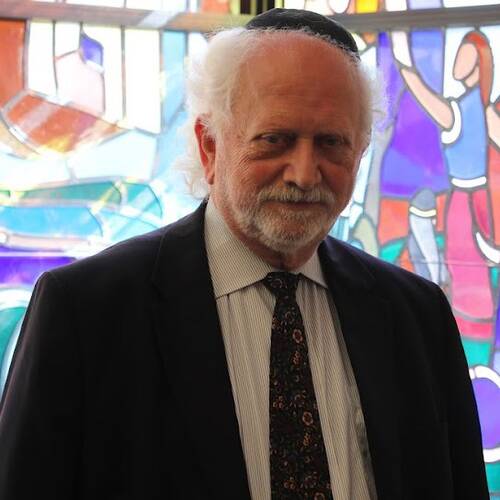Torah Talk with Rabbi Eliseo D. Rozenwasser
May 31, 2024
Shabbat Shalom!
Shabbat Shalom!
The weekly Torah reading cycle is rapidly bringing us to the last chapters in the third book in the Pentateuch, the Chummash. On this Shabbat, we will be completing the reading of the Book of Leviticus for this year. We will come back to the same book next year.
At the same time, we must acknowledge the fact that, as I am preparing to leave TBI, I will slowly start to discontinue the projects which, very enthusiastically, I have been involved with throughout these last four years.
One of these projects has been this weekly ‘Torah Talk with the Rabbi’ space. I have protected this space with zeal and with passion. This has been one consistent channel of communication with you, TBI members. Concluding the reading of one of the Books in the Bible sounds like the right setting for me to write the last chapter and, by doing this, to bring this book to its end as well.
I hope you have enjoyed these weekly messages as much as I have enjoyed, first, crafting them in my mind during the week, and then, putting them into writing on Thursday mornings, until publishing time (thank you Aparna for your patience!).
There is a line in this week’s Torah portion that resonates with me. Not in a fully aware way, this line has been one of my guiding lights.
The text reads: “I will establish My abode in your midst and I will not spurn you. I will be ever present in your midst: I will be your God, and you shall be My people.” (Leviticus 26:11-12)
Coincidentally (or not), we find this line in this week’s Parsha, B’Hukkotai. This is the line that I have made one of my inspiring flags throughout my rabbinate. Where does God reside? God resides WITHIN us!
We belong to TBI, or to any other Synagogue as it might be the case, to reaffirm God’s Presence in our lives. We belong to TBI, not to find God within the confines of the Synagogue building, but to find the God that is within us, each one of us. This happens to be an ongoing process, never a completed, final product. (I will elaborate deeper on this concept during our Lunch & Learn session this Shabbat, for Shabbat Mevarkhim).
I am confident that throughout our work together, each one of us has enhanced her/his ability to find God within each one of us.
I will wrap this last ‘Torah Talk with the Rabbi’ then, with the same words that we will be chanting this Shabbat, as we conclude the reading of the Book of Leviticus:
HAZAK, HAZAK VENITHAZEK – Let us be strong, let us be strong, and, by being strong, let us strengthen each other!
Thank you for your persistent support!
Shabbat Shalom!
Please accept my early wishes for a Hag Shavuot (Zman Matan Toratenu) Sameakh! Let us gather at the foot of Mount Sinai to receive Torah together!
Rabbi Eliseo D. Rozenwasser





